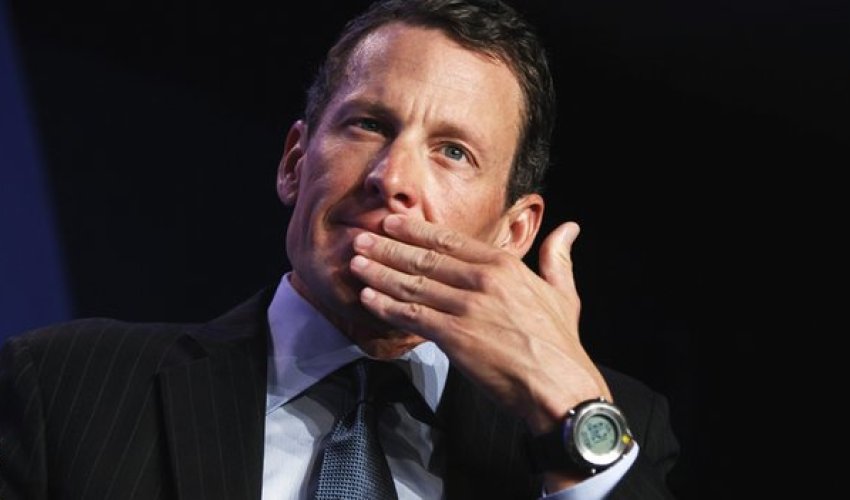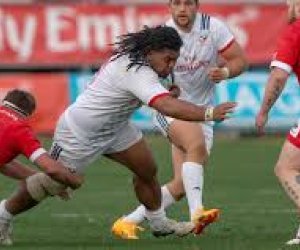Doping culture in cycling 'still exists' according to Circ report

Cycling continues to struggle with widespread doping, according to a landmark report into the sport's troubled recent history.
Set up last January to investigate how cycling so badly lost its way during the 1990s and 2000s, the Cycling Independent Reform Commission (Circ) has heavily criticised the sport's leadership throughout that era.
Its 227-page report, published on Monday, clears the International Cycling Union's (UCI) bosses of outright corruption but censures them for a litany of failings.
Foremost among these are that the UCI did not really want to catch cheats and therefore turned a blind eye to anything but the worst excesses.
The report's authors also accuse former UCI presidents Hein Verbruggen and Pat McQuaid of failing to follow their own anti-doping rules and showing preferential treatment to disgraced former champion Lance Armstrong.
That may feel like ancient history to many cycling fans but they will be alarmed to learn what the 174 anti-doping experts, officials, riders and other interested parties who gave interviews to Circ have to say about the sport today.
One "respected cycling professional" believes that 90% of the peloton is still doping, another put it at 20%
Riders are micro-dosing, taking small but regular amounts of banned substance, to fool the latest detection methods
The abuse of Therapeutic Use Exemptions, sick notes, is commonplace, with one rider saying 90% of these are used to boost performance
The use of weight-loss drugs, experimental medicine and powerful painkillers is widespread, leading to eating disorders, depression and even crashes
With doping done now on a more conservative basis, other forms of cheating are on the rise, particularly related to bikes and equipment
Doping in amateur cycling is endemic
The €3m (£2.16m) report was compiled by chairman Dr Dick Marty, a former Swiss prosecutor, and two vice-chairs, German anti-doping expert Professor Ulrich Haas and Peter Nicholson, an Australian who has investigated international terrorism and war crimes.
Current UCI president Brian Cookson, who swept into office in 2013 promising a fresh start for an organisation that had been badly damaged by its close links to Armstrong, thanked the panel for its work and did not try to sugar-coat its findings.
"It is clear that in the past the UCI suffered severely from a lack of good governance with individuals taking crucial decisions alone," said Cookson.
"Many [of these decisions] undermined anti-doping efforts; put the UCI in an extraordinary position of proximity to certain riders; and wasted a lot of its time and resources in open conflict with organisations such as the World Anti-Doping Agency (Wada) and US Anti-Doping Agency (Usada)."
Cookson added that his predecessors and their close associates regularly interfered in anti-doping cases which "served to erode confidence in the UCI and the sport".
(BBC)
ANN.Az
Similar news
Similar news




































 Photo
Photo 



 Video
Video 

